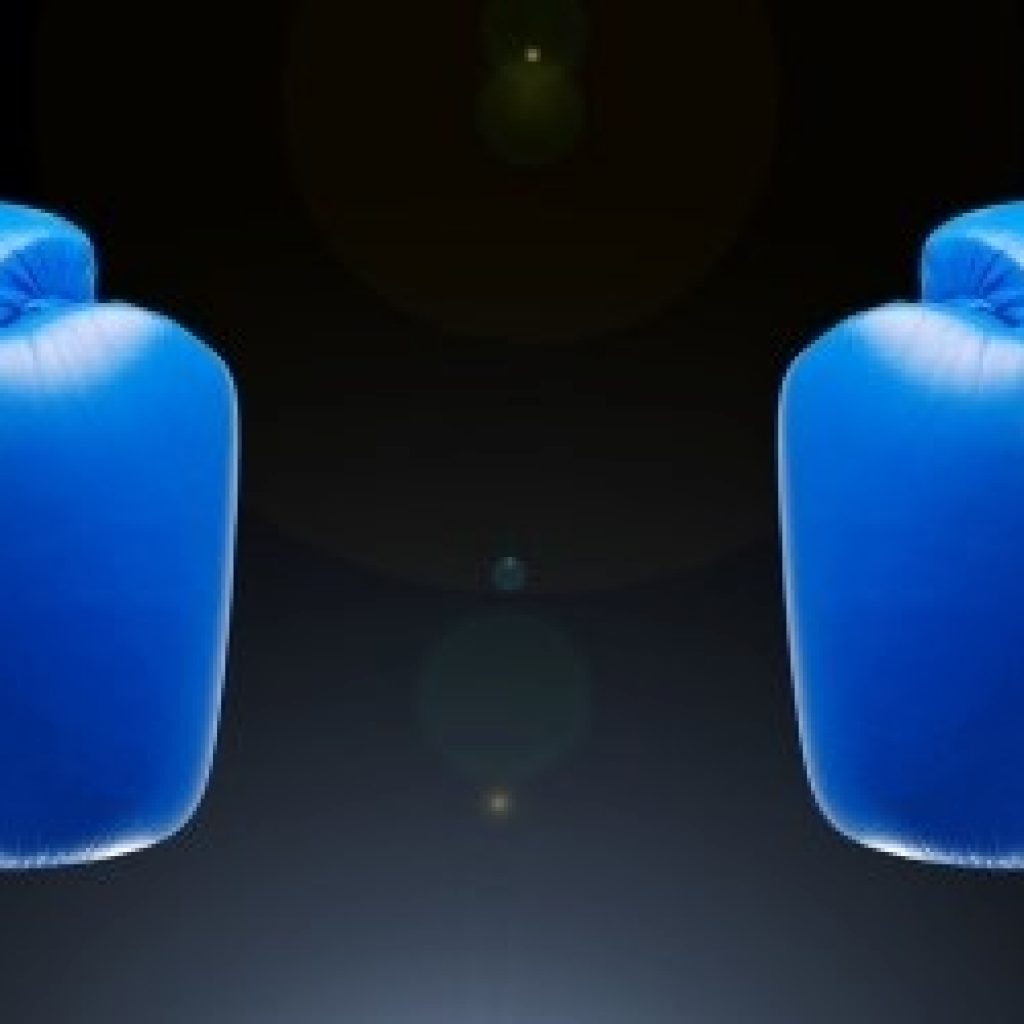(Wired.com) Jonathan Dowling, a professor at Louisiana State University, and John Preskill of Caltech have wagered a pizza and a beer over whether 10 years from now, someone will have finally invented a machine of longtime physics fantasy: the so-called topological quantum computer.
Preskill bet yes; Dowling bet no. “Preskill immediately liked the idea of the bet,” says Dowling, who initiated it. “He and I have been going at it, back and forth, on this topic for some time.”
The specific terms of the bet are laid out in a blurry image inside a tweet on the two physicists’ feeds. (“I blame the pixelation on Preskill,” says Dowling. “He resaved it as a PDF.”) They will settle the bet on March 1, 2030, at midnight, Coordinated Universal Time.
Topological quantum computing exploits the field of geometry known as topology, hence its name. Topologists study properties of objects that stay the same despite deformation.
Preskill learned of topological quantum computing in 1997, during Kitaev’s first visit to the US from Moscow, and he immediately fell in love with the idea.
Dowling, however, thinks that supporters of the idea need a reality check.
The physicists have known each other for more than two decades, and they have both worked on quantum computing research for even longer.
Dowling & Preskill Face Off Over Whether Topological Quantum Computing Will Exist by 2030
